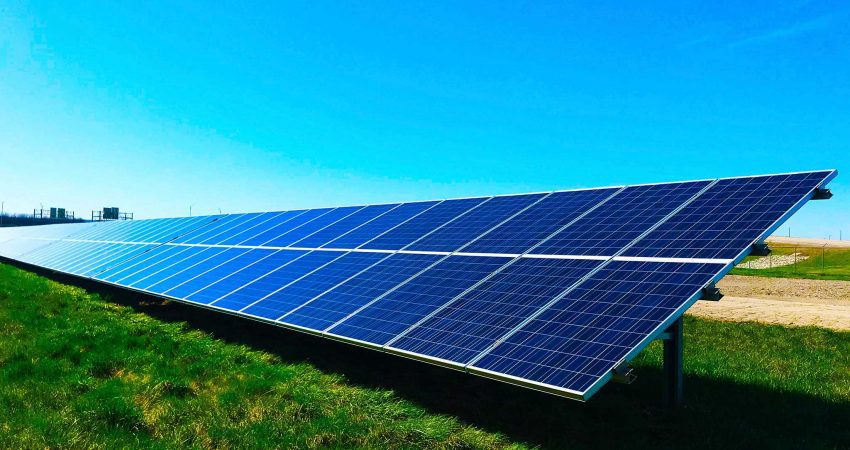Going solar has become an increasingly popular choice for homeowners looking to reduce their
energy costs and do their part for the environment.
As technology has advanced, the cost of solar panels has dropped significantly, making it more accessible for homeowners to install them on their homes. In addition to the environmental benefits, there are several financial benefits to going solar worth considering.
First and foremost, going solar can significantly reduce your energy costs. Solar panels convert
the sun’s energy into electricity, which can then be used to power your home. This means that
instead of paying for electricity from your local utility company, you can generate your own
power and decrease your reliance on fossil fuels. The more energy you generate, the less you will
have to purchase from the grid, resulting in lower electricity bills.
In addition to reducing your energy costs, going solar can also increase the value of your home.
According to a study by the National Renewable Energy Laboratory, homes with solar panels
sell for more than homes without them. This is because solar panels are considered an upgrade to
a home, just like a new kitchen or bathroom. Homebuyers are willing to pay a premium for a
home that already has solar panels installed, as it means they won’t have to pay for the
installation themselves.
Another financial benefit of going solar is the availability of government incentives and tax
credits. Many states and the federal government offer incentives and tax credits to homeowners
who install solar panels. These incentives can cover a portion of the cost of installation, making
it more affordable for homeowners to go solar. Additionally, in some states, homeowners may be
eligible for net metering, which allows them to sell excess energy back to the grid.
Going solar can also provide a sense of energy independence. By generating your own power,
you are less reliant on the grid and less susceptible to power outages or rate hikes. This can
provide a sense of security for homeowners, knowing that they have a source of power that they
can rely on.
In addition to the financial benefits, going solar is also an environmentally-friendly option. Solar
energy is a clean and renewable energy source that does not produce any emissions or pollution.
By generating your own power, you are reducing your carbon footprint and doing your part to
combat climate change.
One other thing to consider when going solar is the lifespan of solar panels. Solar panels have a
lifespan of 25-30 years, which makes it a long-term investment that can provide financial
benefits for many years to come. Additionally, most solar panels come with a warranty that lasts
for at least 25 years, which gives homeowners peace of mind knowing that their investment is
protected.
While going solar may require a significant upfront investment, the financial benefits can be
significant and long-lasting. Reduced energy costs, increased home value, government incentives
and tax credits, energy independence, and environmental benefits are all reasons to consider
going solar. Additionally, it will also be a long-term investment as the solar panels have a
lifespan of 25-30 years and also comes with a warranty of 25 years. It’s worth consulting with a
solar professional and doing your own research to see if going solar is the right choice for you.
The benefits are certainly worth considering, and it could be a smart financial decision for your
home and your wallet.

